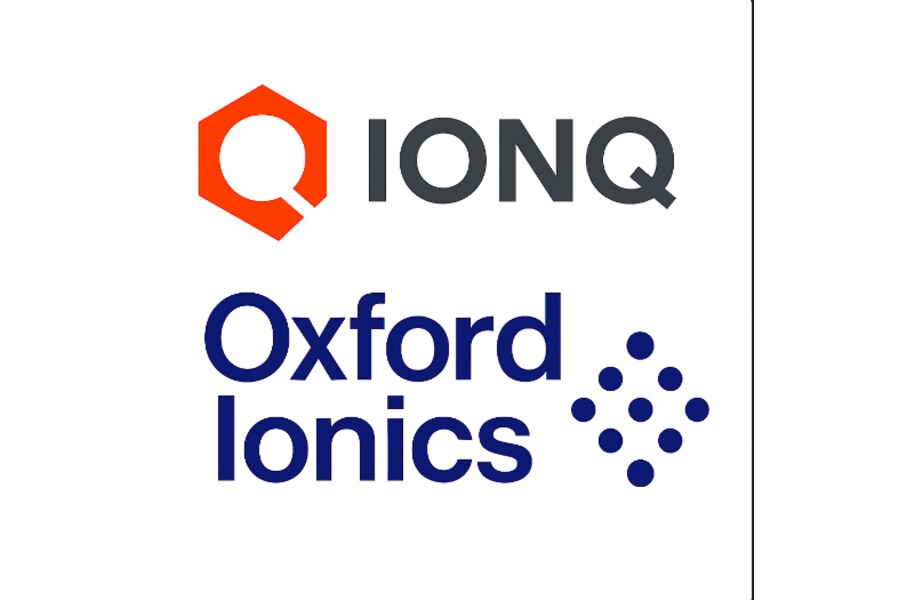In a move poised to reshape the quantum computing landscape, U.S.-based IonQ has announced its acquisition of UK startup Oxford Ionics in a deal valued at $1.075 billion. This strategic acquisition combines IonQ’s advanced quantum computing systems with Oxford Ionics’ cutting-edge ion-trap-on-a-chip technology, marking a significant step toward achieving fault-tolerant quantum computers with millions of qubits.
About IonQ
Founded on technology developed at the University of Maryland, IonQ is a leader in quantum computing and networking. The company has developed high-performance systems based on trapped ion technology, aiming to solve complex commercial and research challenges. IonQ’s current generation quantum computers, such as IonQ Forte and IonQ Forte Enterprise, boast 36 algorithmic qubits and are available through all major cloud providers. Recognized for its rapid growth and innovation, IonQ has been featured in Newsweek’s 2025 Excellence Index 1000 and Forbes’ 2025 Most Successful Mid-Cap Companies list.
About Oxford Ionics
Oxford Ionics, established in 2019 by Dr. Chris Ballance and Dr. Tom Harty, is a quantum computing startup spun out of the University of Oxford. The company has achieved world records for fidelity, a measure of the accuracy of quantum operations, and has engineered a quantum chip capable of being manufactured in standard semiconductor fabs. This innovation enables scalable and cost-effective production of quantum processors.
Strategic Rationale Behind the Acquisition
The acquisition of Oxford Ionics aligns with IonQ’s vision to accelerate the development of large-scale, fault-tolerant quantum computers. By integrating Oxford Ionics’ semiconductor-compatible ion-trap technology with IonQ’s quantum compute, application, and networking stack, the combined entity aims to deliver innovative and reliable quantum computers that increase in power, scale, and problem-solving capabilities.
The transaction is structured as $1.065 billion in IonQ common stock and approximately $10 million in cash, subject to customary closing adjustments and expenses. The deal is expected to close in 2025, pending regulatory approvals.
Future Outlook
The combined company anticipates building systems with 256 physical qubits at accuracies of 99.99% by 2026 and advancing to over 10,000 physical qubits with logical accuracies of 99.99999% by 2027. By 2030, IonQ aims to achieve 2 million physical qubits, enabling logical qubit accuracies exceeding 99.9999999999%. These advancements are expected to unlock new applications in drug discovery, materials science, financial modeling, logistics, chemistry, aerospace, cybersecurity, and defense.
IonQ’s CEO, Niccolo de Masi, emphasized that this acquisition accelerates the company’s mission to develop fault-tolerant quantum computers with millions of qubits by 2030. He expressed confidence that the combined technologies will set a new standard within quantum computing and deliver superior value for customers through market-leading enterprise applications.

